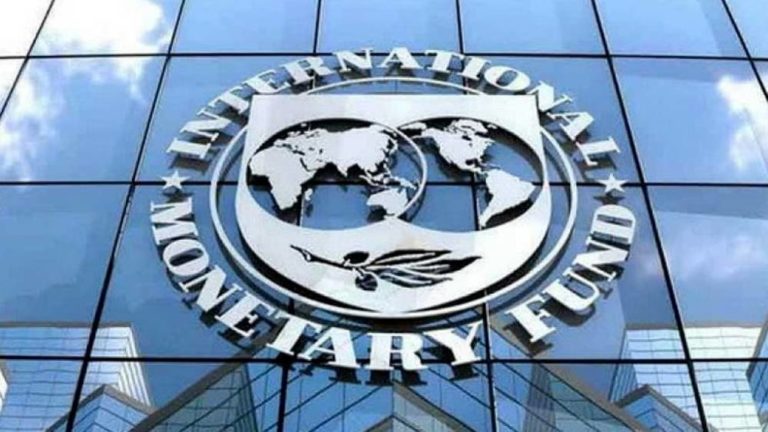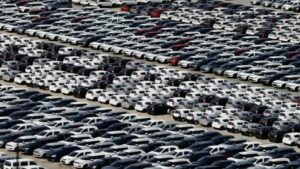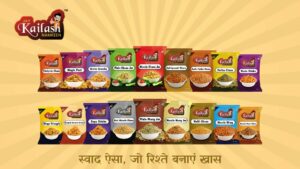According to a working paper by the International Monetary Fund (IMF), extreme poverty in India was as low as 0.8% in 2019 and the country managed to keep it at that level in 2020 despite the unprecedented Covid-19 outbreak, by resorting to food transfers through the Pradhan Mantri Garib Kalyan Yojana (PMGKY). The paper, titled Pandemic, Poverty & Inequality: Evidence from India observed that post-food subsidy inequality at 0.294 is now very close to its lowest level 0.284 observed in 1993/94. It’s authored by economists Surjit Bhalla, Karan Bhasin and Arvind Virmani.
The supply of free grains as part of the PMGKY scheme was initially launched for the April-June period of FY21; it was later extended till November-end, 2020. In the wake of the second wave of the pandemic, it was re-introduced in May 2021 and then got extended till FY22-end. Recently, it has been extended up to September 2022. Under the scheme, more than 81.35 crore people are eligible for 5 kg free wheat/rice per person per month, along with 1 kg free whole chana to each family per month. The latest extension would cost the government `80,000 crore.
The paper presents estimates of poverty and consumption inequality in India for each of the years from 2004-05 through 2020-21. These estimates include, for the first time, the effect of in-kind food subsidies on poverty and inequality.
As many as 89.1% of rural eligible households and 77.3% of urban households, with an all-India average of 84.6%, received food transfers during the pandemic through the public distribution system. Such effective targeting of food seems to have been the most appropriate policy response to pandemic-induced poverty. The share of food in the average Indian consumption basket, according to the consumption expenditure survey of 2011-12, stands at 46%. However, for the poor, it’s upwards of 60%, according to the paper.
“The expansion of India’s food subsidy program rather than increasing cash transfers enabled the government to provide free food as per the average monthly requirement to all those who were entitled to purchase the same from the PDS system. The Food Security Act (2013) and the increased use of Aadhar accelerated the declining proportion of leakage(s) in the programme.”
















